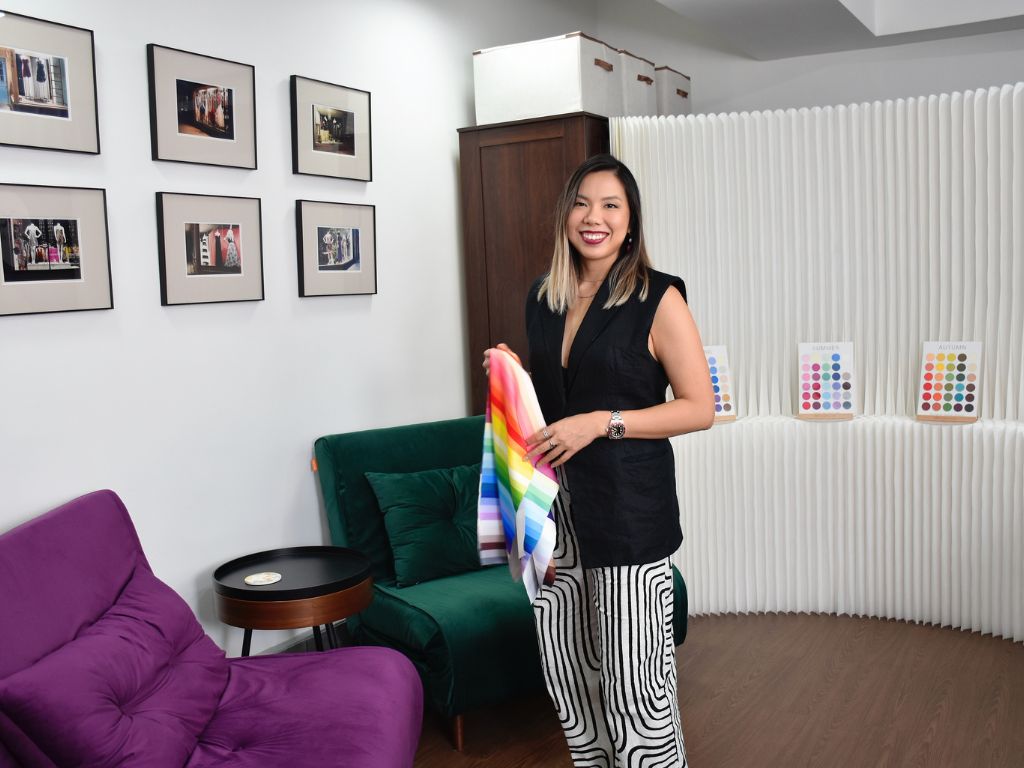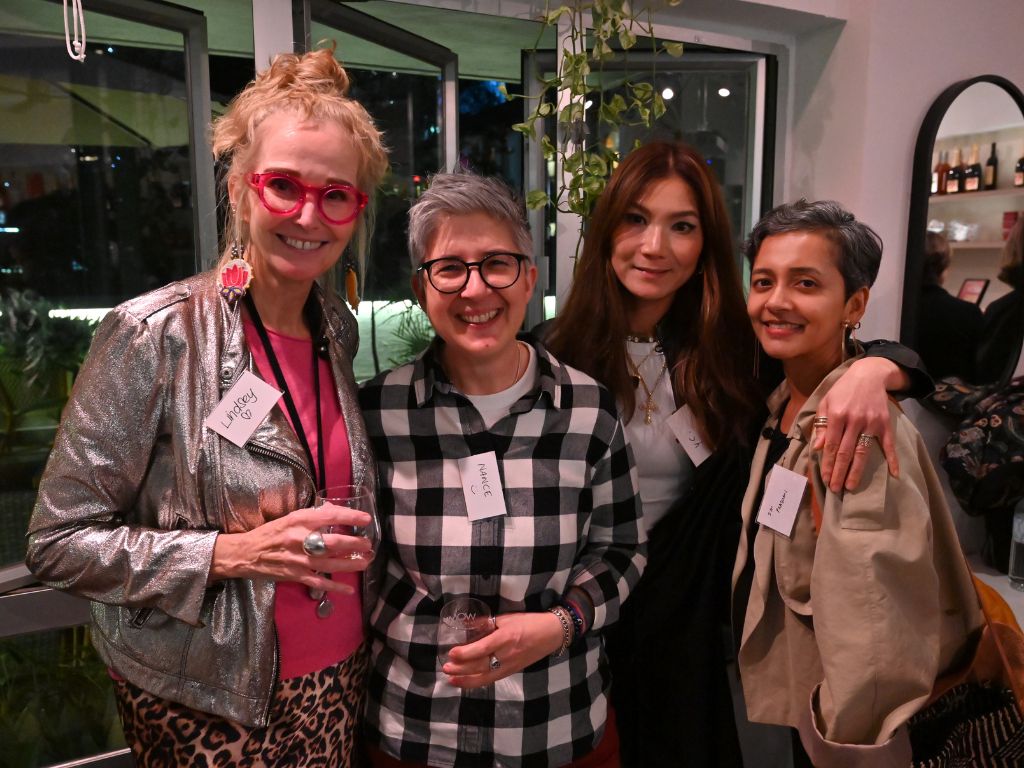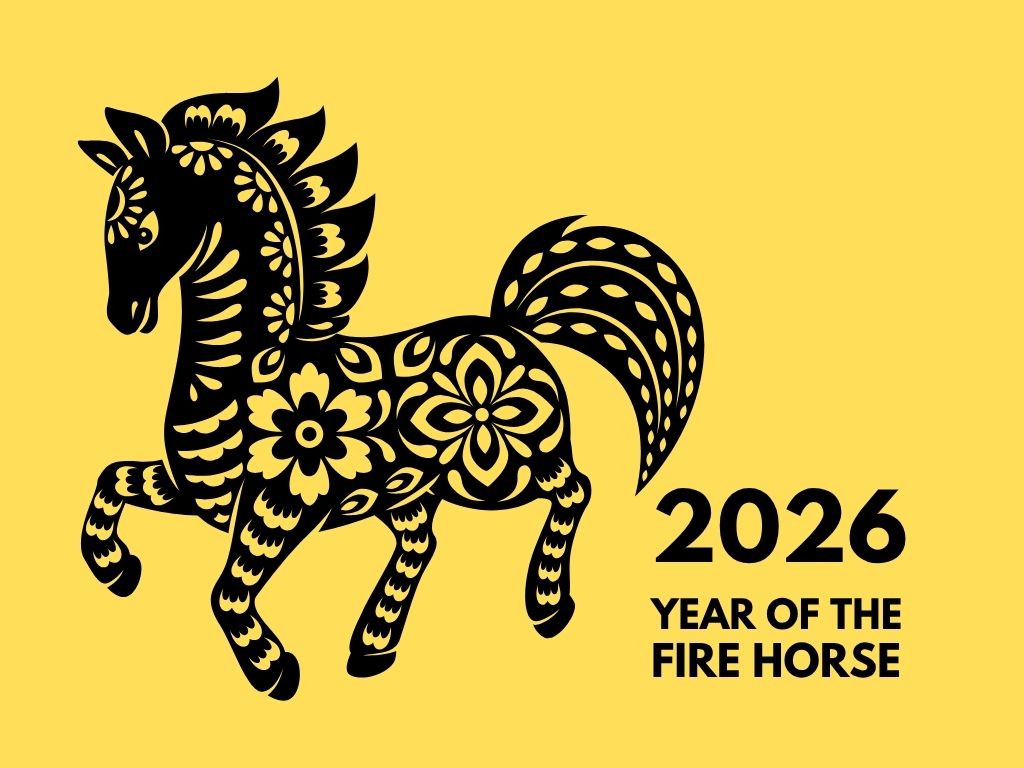Leading the Charge
Being Neighbourly x Jessica Hulton, The New Normal
- Author/ Being Neighbourly
Share
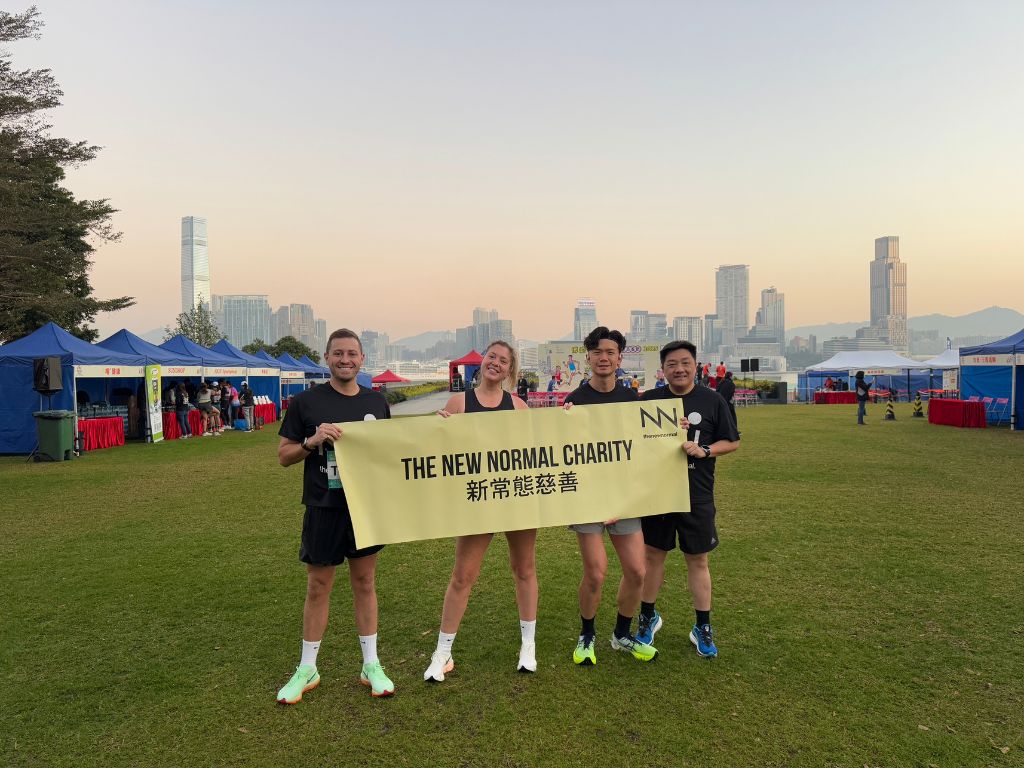
Whether ‘the new normal’ refers to our increasingly complex world or ‘the new normal’ of the eponymous charity in making free mental health services accessible to all, in Hong Kong, is a moot point. But, what is certain, is that there’s demand for these services, both among clients and volunteers looking to help.
“Eighty-seven percent of people who attend our groups in Hong Kong cannot afford private mental health care,” says Jessica Hulton, Founder of The New Normal (TNN), adding that since its inception, she’s been overwhelmed by how many people have believed in their mission and have stepped forward to support their work.
“I think people in Hong Kong are incredibly passionate about mental health. I’ve found that people want to make sure no one feels alone or feels the way they did when they struggled.”
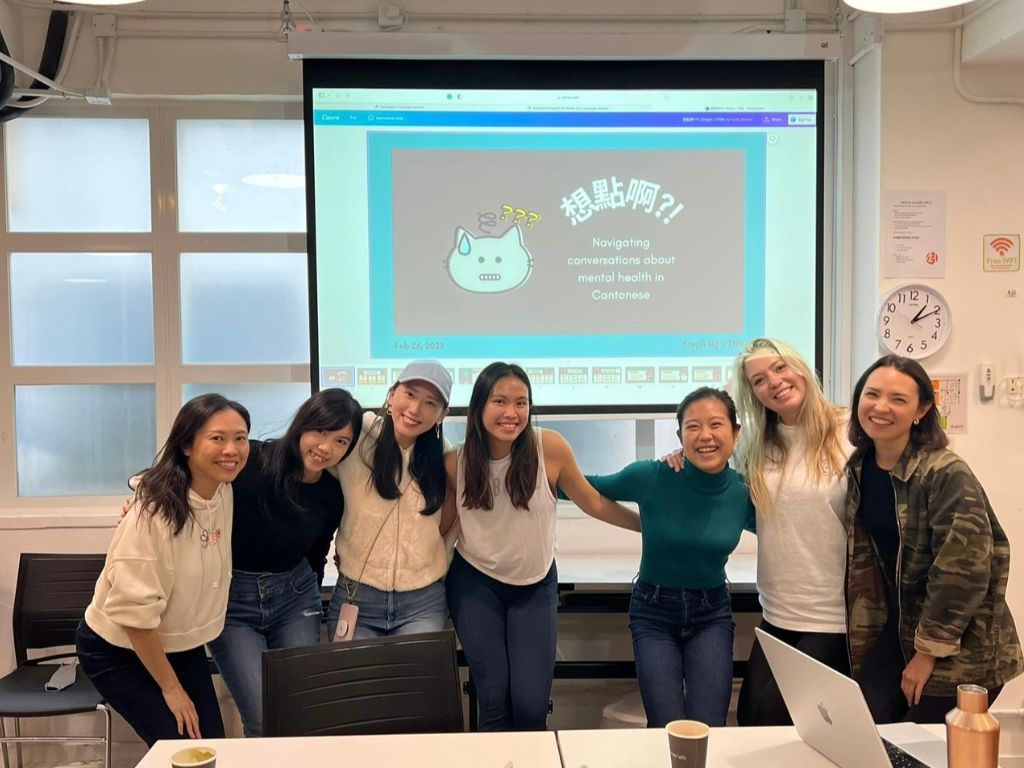
‘Lived experience’ is a big draw with vulnerability shared and expressed between all. “Everyone in our team has lived experience with mental health and life challenges,” says Hulton.
She, herself, says she faced grave difficulties, when her father was terminally ill and she moved from the US, where she’d been living, back to the UK to live with her mother, helping her to take care of her father in his last year of life.
“The pandemic completely overran our health services in the UK, and there was little support for people caring for loved ones at home. I found that experience, as well as losing him, deeply isolating and distressing. I’d experienced challenges in life, but this was the first time I felt concerned about my mental health. I sought support from the UK public system and was told that unless I was in crisis I would be waiting more than nine months for any kind of free talking therapy,” says Hulton.
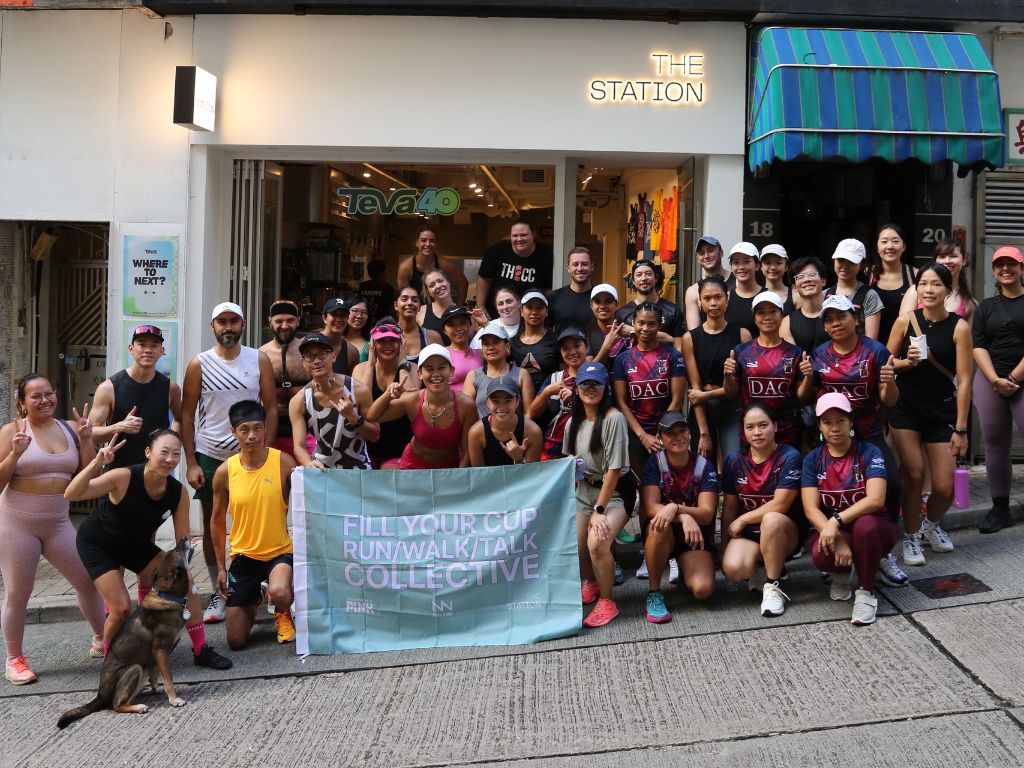
She adds that it was by chance, when she was on Instagram that she came across the free grief peer support groups offered by the UK TNN charity. “I went along to their online groups, and I realised that all I needed was for someone to say to me, ‘I was you, and things will get better’.”
When her day job moved her to Hong Kong five months later, she started looking for peer support groups here, but she couldn’t find exactly what she was seeking.
Local charities encouraged her to start peer support groups herself, which she did, and TNN took off. “We now support over 1,000 people a year with accessible, in-person mental health support in Cantonese and English,” says Hulton, herself, an accredited tutor in suicide prevention, whose role it is also to assemble volunteers to deliver TNN programmes. “My main job is leading the team. I work with our committee leads and Board to push the charity forward.“
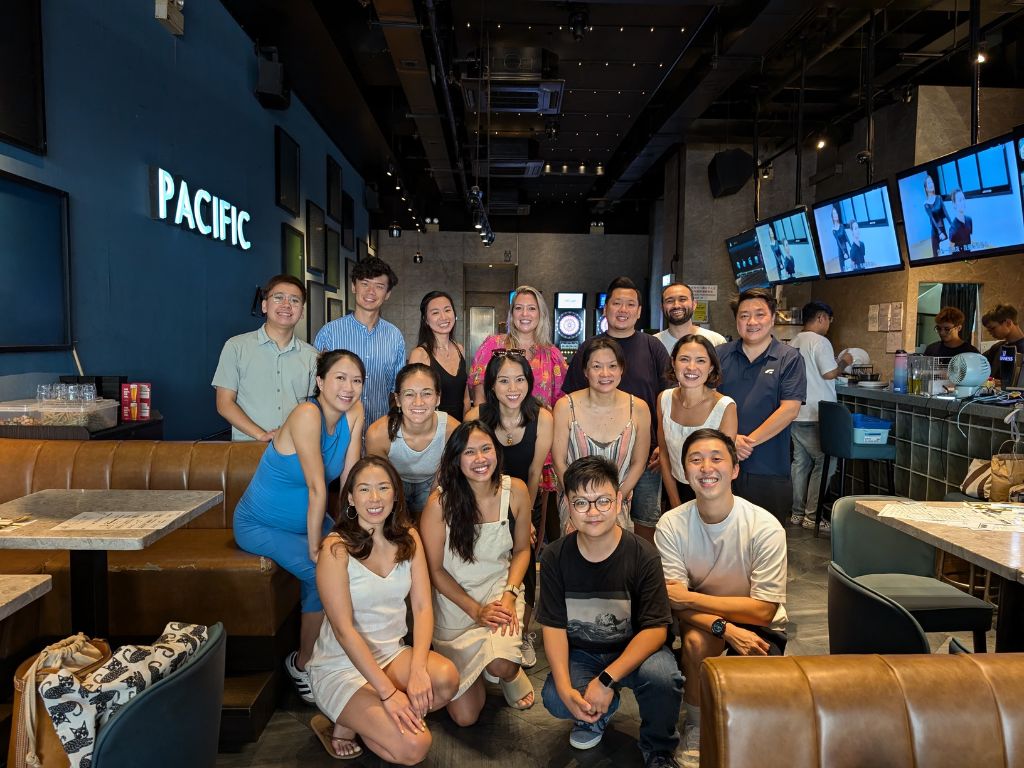
We do this by empowering people with lived experience to support their community through peer support groups, accessible training and community activities.
“Mental health difficulties in the UK and Hong Kong share similarities in terms of prevalence. There are common challenges in accessing support, including long waiting times for free services and private care being prohibitively expensive for most people.”
“In Hong Kong, people who attend our groups often talk about high-pressure work and academic culture, coupled with housing and financial stresses, contributing to unique mental health challenges,” she says, adding that financial challenge is particularly stark in Hong Kong, where an hour of private talking therapy can cost thousands of Hong Kong dollars.
By contrast, TNN services are free for those who need them, and she says that this is something that will never change.
“This does make it difficult for us because we rely heavily on the goodwill of the Hong Kong people to support us. We are incredibly conscious of our costs and are highly resourceful. Our fantastic team are people who donate their time because they believe in the cause,” she says.
“My general experience, so far, is that mental health and anti-stigma campaigns are more ‘in your face’ in the UK. That said, great strides are being made here.”
“I have learned that much more connects us than divides us, and experiencing challenges is human. Everyone, no matter where they live in the world, deserves support and compassion.”
What is the best thing about the work that you do?
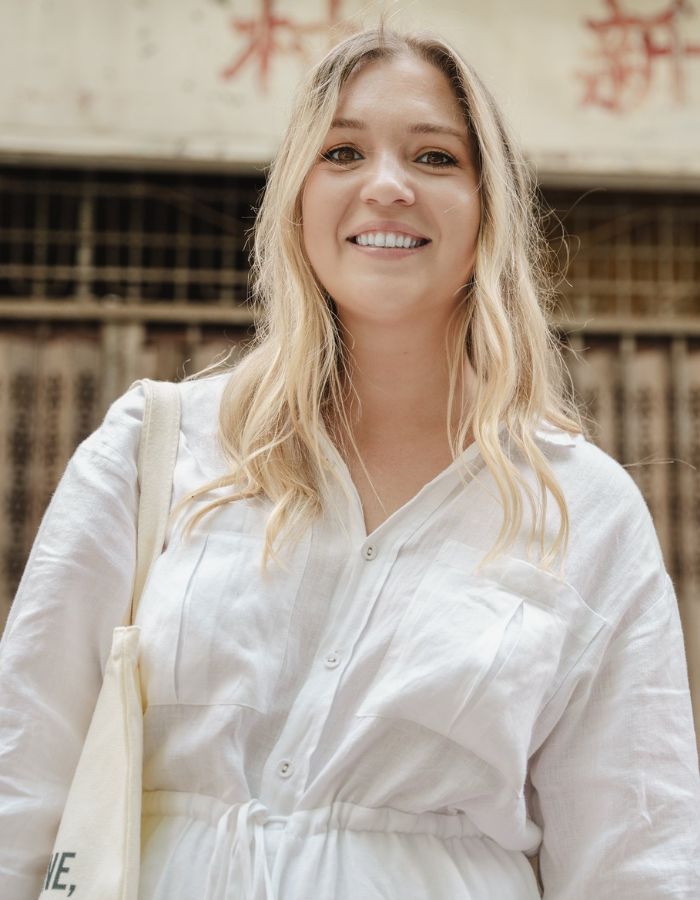
“For me, the best thing will always be seeing how transformative the peer support groups can be. We will meet someone who has never shared their story or uttered the words out loud, and then they find themselves in a supportive space and can finally share,” says Jessica Hulton, Founder, The New Normal.
“You can see the immediate relief on their face when they are met with true understanding and compassion, when someone sits across from them and can genuinely empathise because they have been there themself.
Our team are also the best thing. I am incredibly proud of our volunteers. It’s inspiring to me to see the passion and energy they have for others in their community.”
The New Normal
- +852 5223 4002
- [email protected]
- www.thenewnormalcharityhk.org
Share
About the Author

Being Neighbourly
For over 20 years, the people behind BN have been creating content on the best things in life: food, travel and inspirational people.
Coming Soon:
Available soon in our Shop!
Snippets
Stay Up To Date
Want the latest insights and fresh content delivered straight to your inbox? Subscribe to our newsletter and stay updated with our exclusive content!

